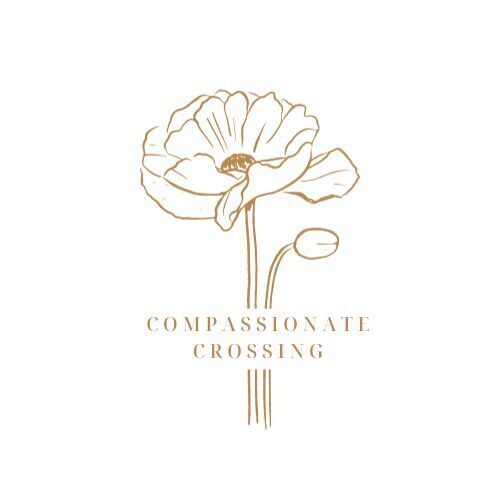The fourth stage of grief is depression. It is a natural and normal response to loss but it can feel overwhelming and isolating. Depression can manifest in different ways, such as sadness, anger, guilt, hopelessness, or numbness. Some people may experience physical symptoms, such as fatigue, insomnia, appetite changes, or pain. Others may withdraw from social activities, lose interest in hobbies, or have difficulty concentrating or making decisions.
Depression is not a sign of weakness or failure. It is a sign that you are processing your emotions and trying to cope with the reality of your loss. There is no right or wrong way to grieve, and everyone’s journey is unique. However, if you feel stuck in depression or have thoughts of harming yourself or others, please seek professional help. You are not alone; resources and support are available to help you through this difficult time.
Some coping strategies that may help you deal with depression include:
- Expressing your feelings. You can write in a journal, talk to a friend, join a support group, or seek therapy. Sharing your thoughts and emotions can help you release them and feel less burdened.
- Practicing self-care. You can take care of your physical and mental health by eating well, getting enough sleep, exercising, meditating, or doing something that brings you joy. Be gentle and compassionate with yourself, and don’t judge yourself for how you feel.
- Seeking meaning. You can find purpose and hope in your loss by honoring the memory of your loved one, creating a ritual or tribute, volunteering for a cause, or pursuing a goal. You can also explore your spirituality or faith and connect with a higher power or source of comfort.
- Reaching out. You can ask for help from your family, friends, community, or professionals. You don’t have to go through this alone, and some people care about you and want to support you. You can also help others who are grieving and find solace in mutual understanding and empathy.
Remember that depression is not the end of your grief journey. It is a stage that you can move through with time and healing. You will not forget your loved one or the pain of your loss, but you will learn to live with it and find new ways to enjoy life again.

